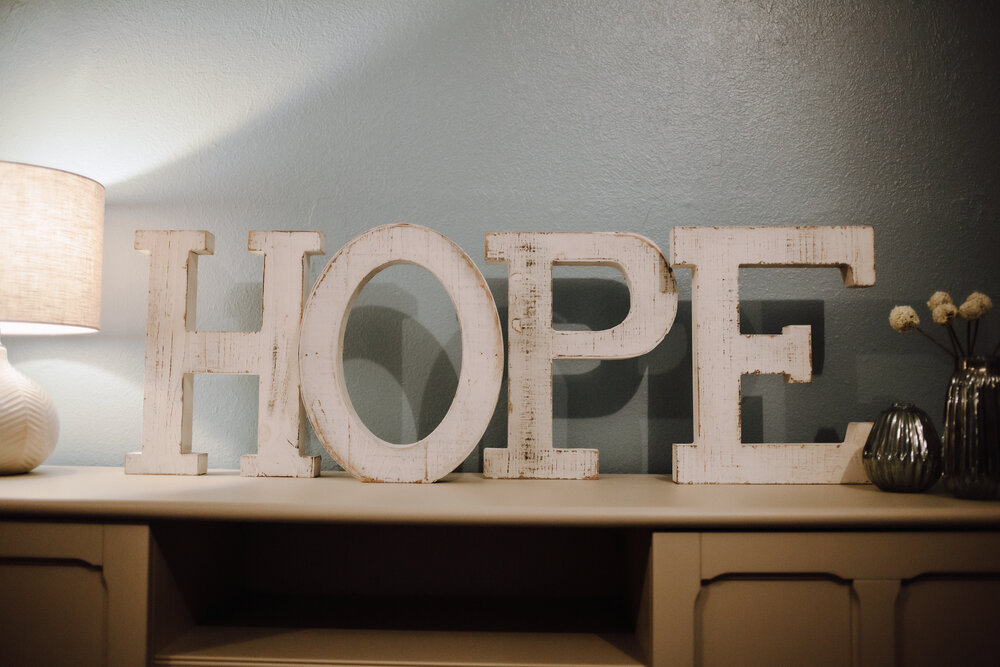
“...something told me I had to stop when I saw Kaley.”
I noticed Kaley* as I drove past her on my way to the veterinarian’s office with my dog. She appeared to be hiding in the tall bushes lining the road and was looking around frantically. It was a surprising thing to see, even in East Fort Worth, where I live.
Typically, I tell people that the best thing to do if you see someone you think might be in trouble is to pull over and call the authorities without letting the person out of your sight. In cases of human trafficking, it’s best to leave the interventions to trained professionals. But something told me I had to stop when I saw Kaley. When I rolled down the window, she asked to get in the car right away.
An estimated 313,000 victims of human trafficking live in Texas at any given time, with 400 teens being sold each night in the Dallas-Fort Worth area alone. Kaley was—and perhaps still is—one of those 313,000.
PLANTING SEEDS
I spent four hours with Kaley that day. The anti- human trafficking organization I volunteered with advocated for those who had been trafficked, and we arranged for an advocate to meet with Kaley and take her to a shelter. But within two days, she was already gone. While the shelters for those who are homeless are extremely helpful, they are sometimes not the best place for someone who needs trauma-informed care. Recently rescued survivors of human trafficking can be vulnerable to force, fraud, or coercion.
Out of this experience came the seed for the idea of Rescue Hill. Now a compassionate ministry center, Rescue Hill was created out of the need for a place of safety—and hope—in the midst of crises. Resources for escaping trafficking are also available. Since there are many other organizations who were already providing wrap-around services, we are able to partner with them to join survivors of trafficking seeking long-term solutions.
“We believe it’s imperative to have a safe and secure place for survivors to rest and receive resources.”
I don’t know where Kaley is today, but I haven’t forgotten her. God used her to plant something in my heart and open my eyes to the need for emergency beds, reserved solely for those who have been trafficked. In the Dallas-Fort Worth area, 22 nonprofit or faith-based organizations are devoted to anti-human trafficking, but none of them had emergency beds. We believe it’s imperative to have a safe and secure place for survivors to rest and receive resources.
ADVOCACY AND TRANSFORMATION
Trained advocates at Rescue Hill also provide resources via multiple networks. We work closely with law enforcement, community leaders, and the other organizations to connect survivors with the care they need, when they need it. Advocates are trained to offer resources in conjunction with law enforcement and are available for training and consulting.
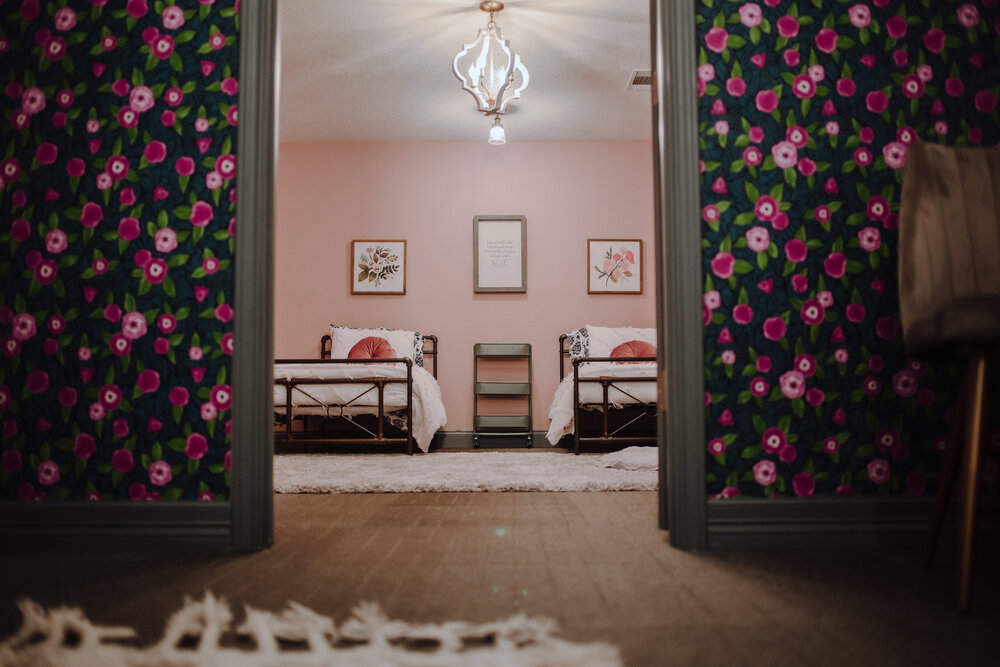
Those trafficked for labor also make up a large percentage of the statistics in Texas. Rescue Hill sits in Arlington, Texas, directly between Dallas and Fort Worth. Recently, we learned that just 17 miles south of us there were 23 individuals from Central America working off a debt in the kitchen of a local restaurant. Without affordable immigration assistance, they didn’t feel they had any other option.
Traffickers prey on vulnerabilities. Those vulnerabilities can have many different causes, including an unstable immigration status. Rescue Hill is in the process of becoming an immigration center, recognized by the Department of Justice, which will enable us to provide affordable, accredited immigration services to the most vulnerable in our community.
“Our heart and vision are to have a place for those we serve to worship and experience the transformative love of Christ.”
The Rescue Hill building also hosts three different churches. Usually, a church has a compassionate ministry, but Rescue Hill is a compassionate ministry with churches. The building we renovated was given to us by a congregation called Arlington CristoJesus Vive, which continues to meet there. Many people, including our district superintendent, had been praying for a building. Those prayers were answered the night we met people from Arlington CristoJesus Vive and they told us, We want you to have our building. But we want you to take us along. And we have done just that.
In addition to Arlington CristoJesus Vive, we also have a congregation of those living as refugees from Myanmar. The third congregation is an English-speaking church my husband, Steve, and I planted. Each congregation is a part of the work at Rescue Hill; our heart and vision are to have a place for those we serve to worship and experience the transformative love of Christ.
*Name is changed for protection.
Rev. Amanda Pettit serves as the co-director at Rescue Hill Compassionate Ministry Center with her husband, Rev. Steve.
The Pettits also served as missionaries for the Church of the Nazarene for many years.
This story taken from the most recent issue of NCM Magazine.

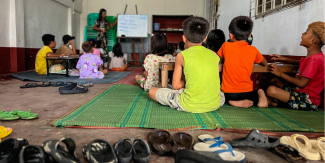
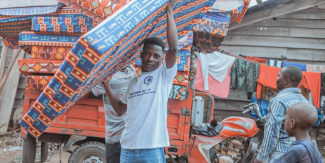
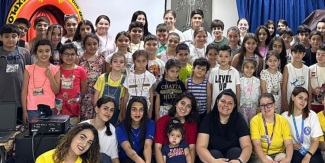
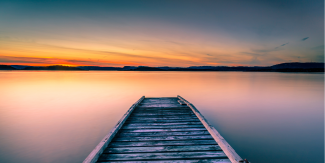
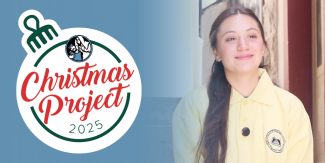
Add new comment